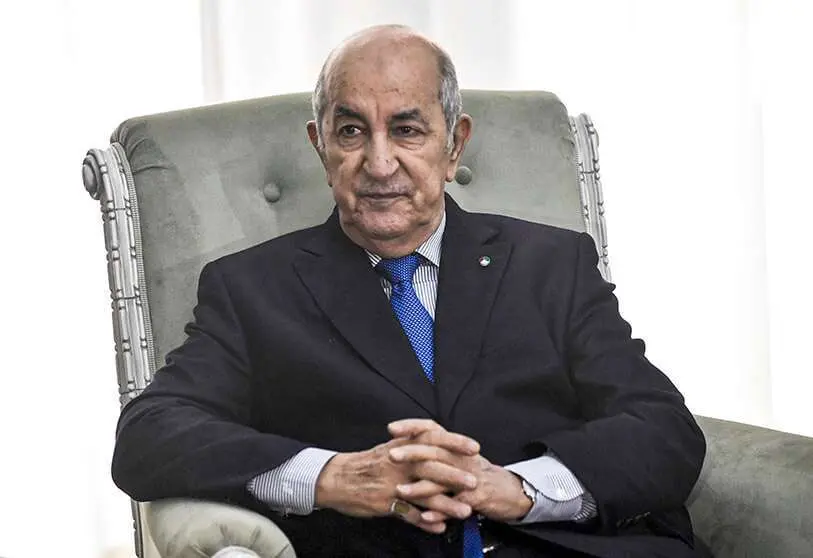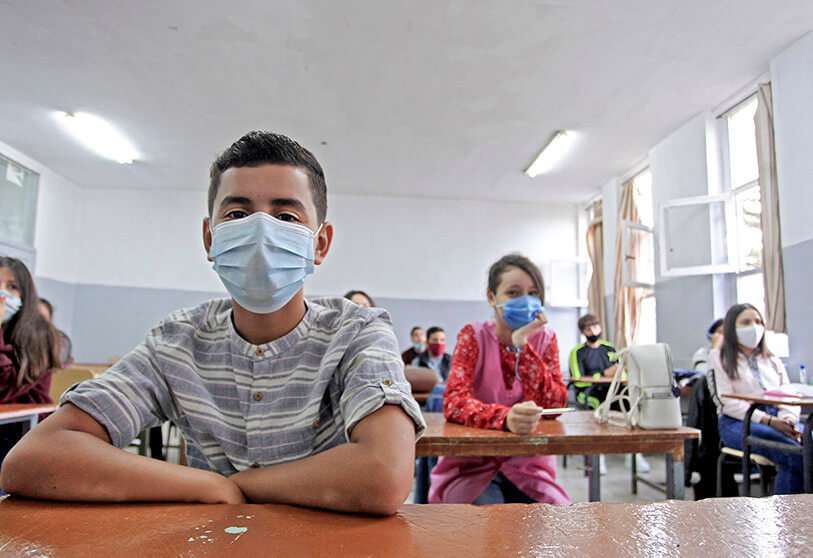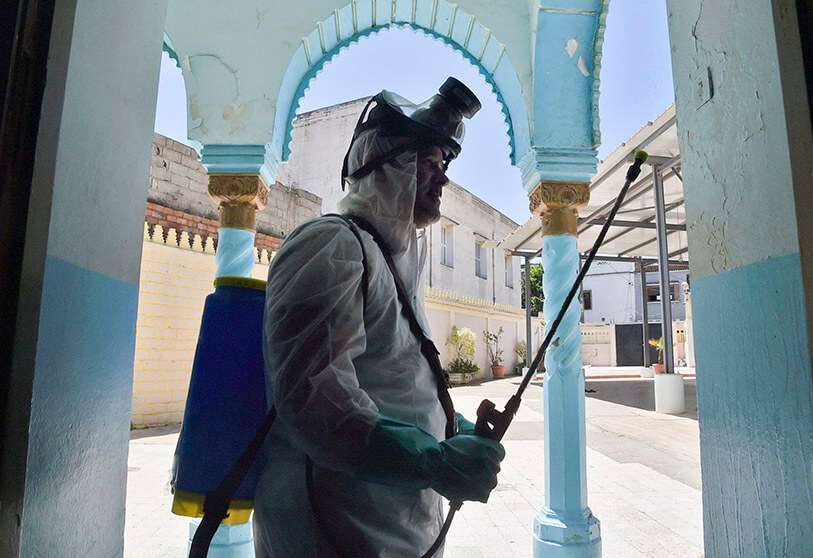Algeria continues to tighten measures to combat the coronavirus

The Algerian government has tightened containment measures in most parts of the country due to an increase in cases of coronavirus infection. The situation is becoming untenable for health structures. As a result, the curfew is extended from 8 p.m. to 5 a.m. every night in the 48 wilayas (departments). The measures will last at least two weeks, the authorities have informed us in a statement.
In addition, the Ministry of Health has decided to suspend urban and private public transport at weekends throughout the country. Public transport between the wilayas remains banned and the used car market, which attracts many people during the working day, will be closed for a fortnight.
Algeria is the largest country on the African continent, and control of the pandemic is beyond state control. This is why local authorities have been allowed to carry out "selective containment" of the towns and neighbourhoods most affected by outbreaks of coronavirus. Local governments will also be able to close public places such as parks and gardens.

The start of the academic and vocational training year, scheduled for 22 November, has been postponed to 15 December and surprise inspections will be carried out in establishments during the start of classes to verify the application of the health protocol.
All meetings (weddings, circumcisions, political demonstrations, etc.) are still prohibited. After an eight-month veto, the big Muslim Friday prayer is now permitted in mosques with more than 1,000 seats, which will also be subject to inspections for compliance with health measures.
Algeria, one of the African countries most affected by the pandemic, is close to breaking its record for daily infections (675 on 24 July, at the height of the first wave). In total, more than 62,000 infections have been officially recorded in the country since the first case was reported on 25 February. More than 2,000 people have already died according to the latest report from the Ministry of Health, and the country's borders have remained closed since March.
The Presidency of the Republic of Algeria reported that President Abdelmadjid Tebboune "is about to complete his treatment and his state of health is improving steadily". At the end of October he had to be transferred to a hospital in Germany where he is still being held.
Presidency sources have been reporting daily on the evolution of the President's state of health, the latest news received indicating that "medical staff say he is in the process of completing his treatment".

Last Tuesday the Presidency revealed that Tebboune, 75 years old, suffers from a coronavirus and that he is "responding to treatment". Before being admitted to Germany, on 24 October, the President began a voluntary isolation period in the Palace due to a positive case among his staff.
The mystery and concern about the state of Tebboune have marked the Algerian agenda owing to the holding of the referendum on the reform of the Constitution which the president himself proposed after being elected in December. This reform was approved with the lowest rate of citizen participation in the history of consultative processes in Algeria, a mere 23.7 percent.
If it works, Tebboune will soon return to Algeria with the change of constitution, a lengthy process that could be obstructed by the development of the pandemic in the country.








